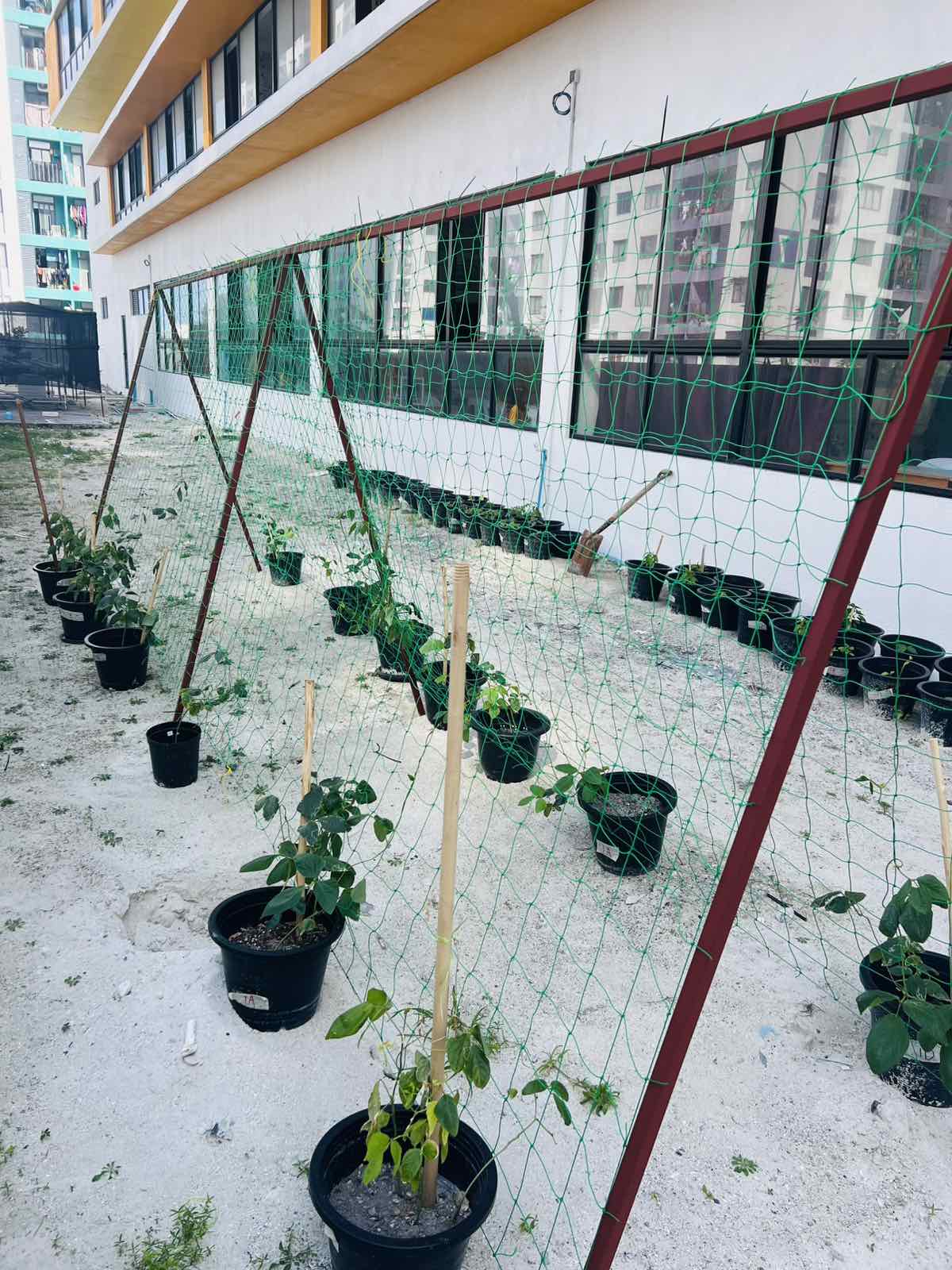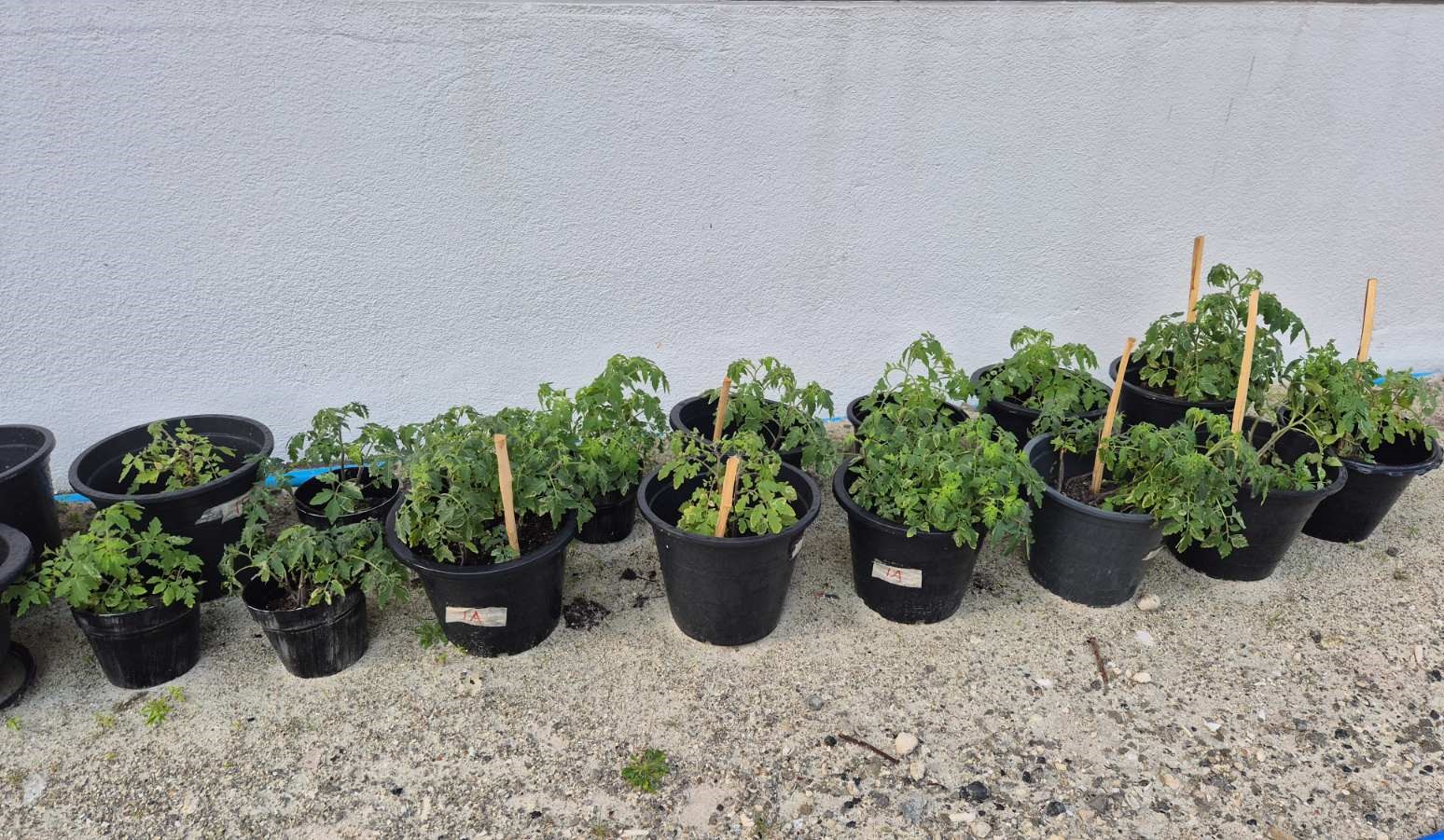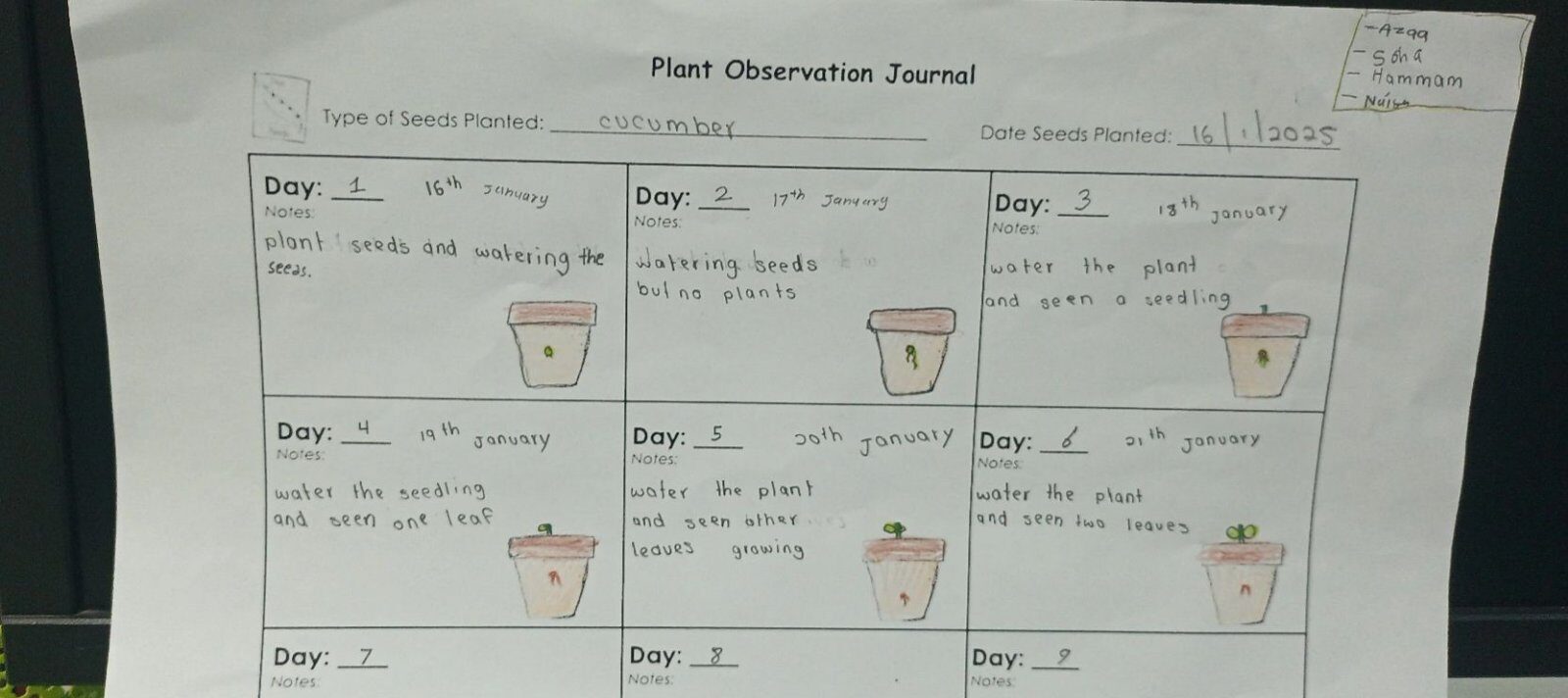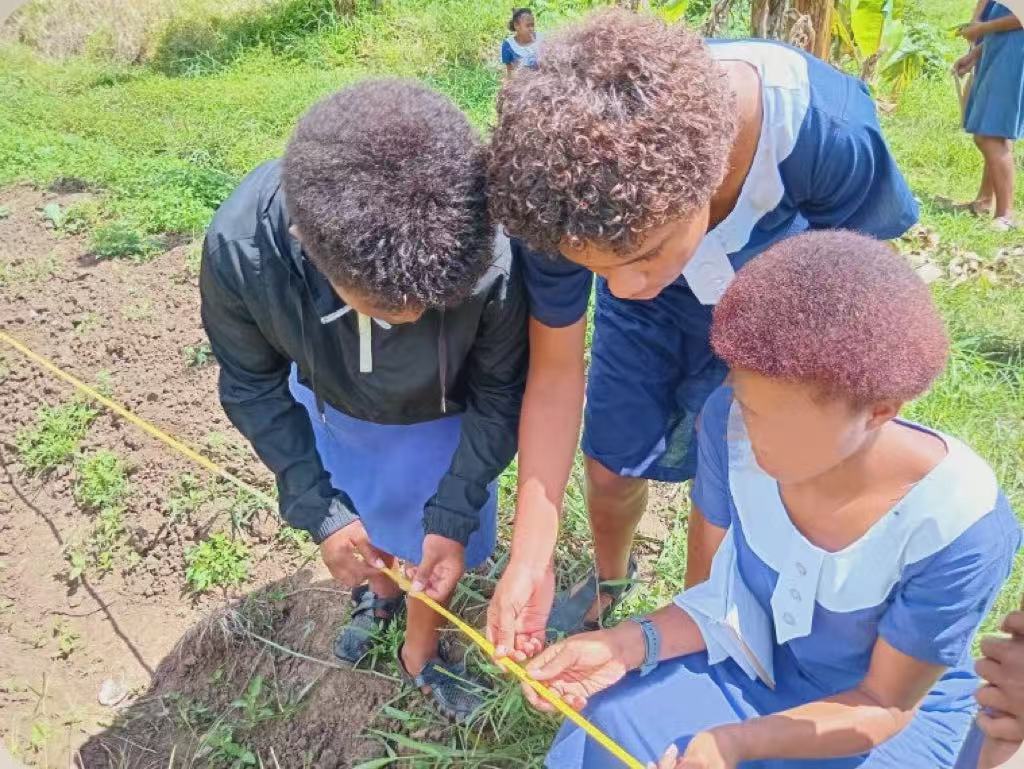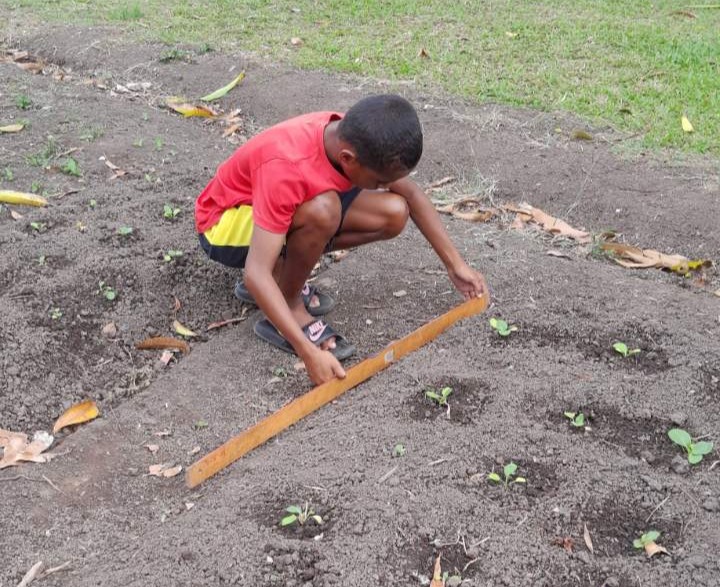Pilot Schools
The pilot schools have expressed varying motivations for choosing to become involved in the kitchen garden project: growing fresh produce for boarding students, promoting healthy eating, encouraging home agriculture, increasing awareness about environmental issues and providing a holistic education that promotes active learning. Here are some of their thoughts:
“To plant more as we can for the benefits of the hostel and also for the school as a whole.”
“Involvement of the school children, teachers, parents and management.”
“To prepare our students for life l, provide them the opportunities, to ensure school environment provide opportunities for those kids who are interested in the field.”
“To promote education in a holistic approach, to be more involved, mindful and considerate in our actions.”
“Encourage students to be concerned about environmental issues and to incorporate crop cultivation into their daily lives.”
Many of the schools have established a kitchen garden, some with multiple crops. Others are in the planning stage. Students have been involved in preparing garden beds, planting seeds and tending to growing plants. Alongside the establishment of the gardens, some schools have incorporated the gardens into their teaching activities such as mathematics (e.g. measuring area and perimeter of the garden bed), science (e.g. propagating and measuring seed activity), and literacy (e.g. creating stories related to the school garden). These examples are indications of what is possible in linking the school garden to the academic program.
Pilot Schools

Mulak School,
Maldives

Druadrua School,
Fiji

Navesau School,
Fiji

Salahudheen School,
Maldives


